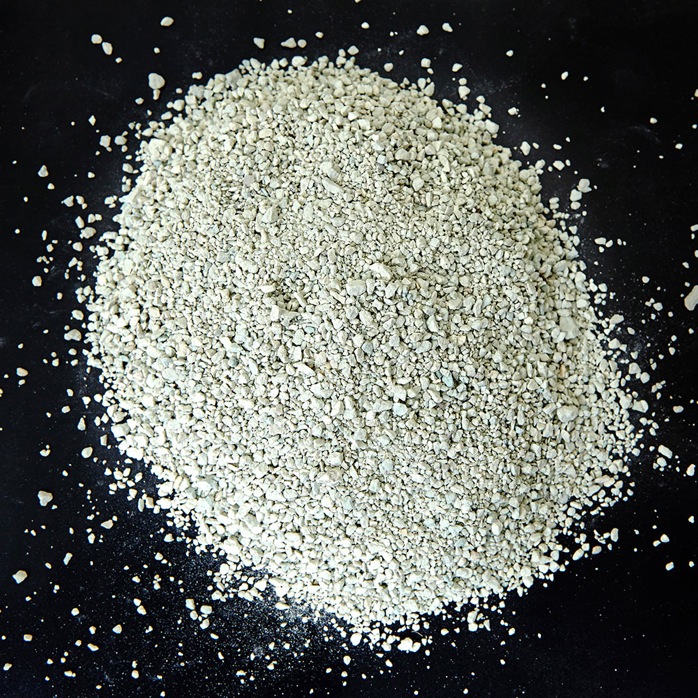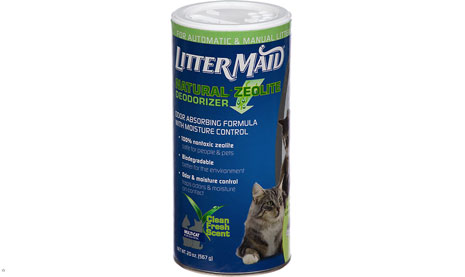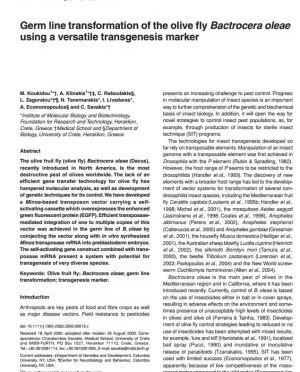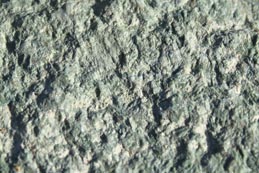D. Papaioannou, P.D. Katsoulos, N. Panousis *, H. Karatzias
Clinic of Productive Animal Medicine, School of Veterinary Medicine, Aristotle University of Thessaloniki, 541 24 Thessaloniki, Greece
Received 4 April 2005; received in revised form 12 May 2005; accepted 12 May 2005 Available online 28 June 2005
Abstract
The present review comments on the role of the use of zeolites as feed additives on the prevention and/or the treatment of certain farm animal diseases. Both natural and synthetic zeolites have been used in animal nutrition mainly to improve performance traits and, based on their fundamental physicochemical properties, they were also tested and found to be efficacious in the prevention of ammonia and heavy metal toxicities, poisonings as well as radioactive elements uptake and metabolic skeletal defects. During the last decade, their utilization as mycotoxin-binding adsorbents has been a topic of considerable interest and many published research data indicate their potential efficacy against different types of mycotoxins either as a primary material or after specific modifications related to their surface properties.
Ingested zeolites are involved in many biochemical processes through ion exchange, adsorption and catalysis. Recent findings support their role in the prevention of certain metabolic diseases in dairy cows, as well as their shifting effect on nitrogen excretion from urine to faeces in monogastric animals, which results in lower aerial ammonia concentration in the confinement facilities. Moreover, new evidence provide insights into potential mechanisms involved in zeolites supporting effect on animals suffered from gastrointestinal disturbances, including intestinal parasite infections. All the proposed mechanisms of zeolites effects are summarized in the present review and possible focus topics for further research in selected areas are suggested.
© 2005 Elsevier Inc. All rights reserved.
Πηγή: www.elsevier.com





